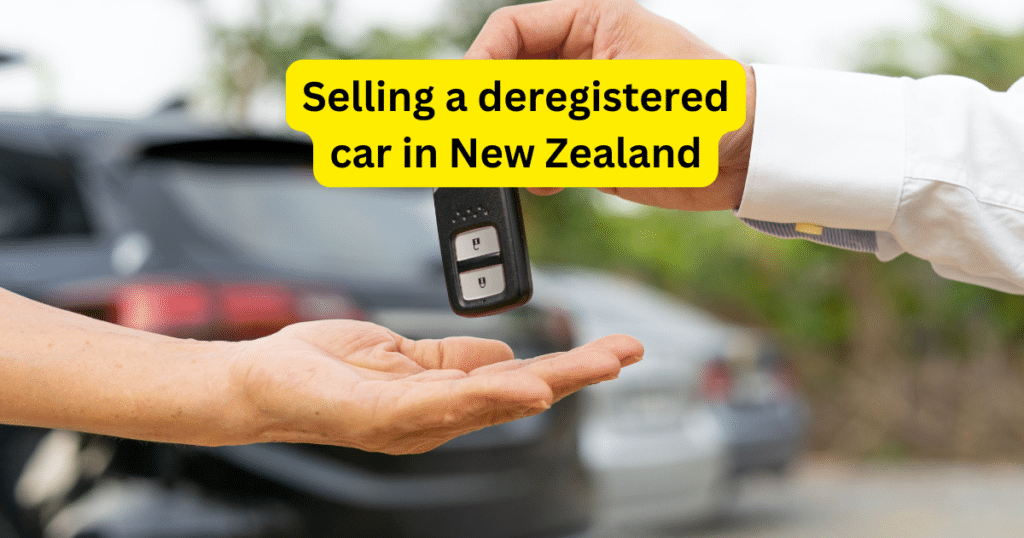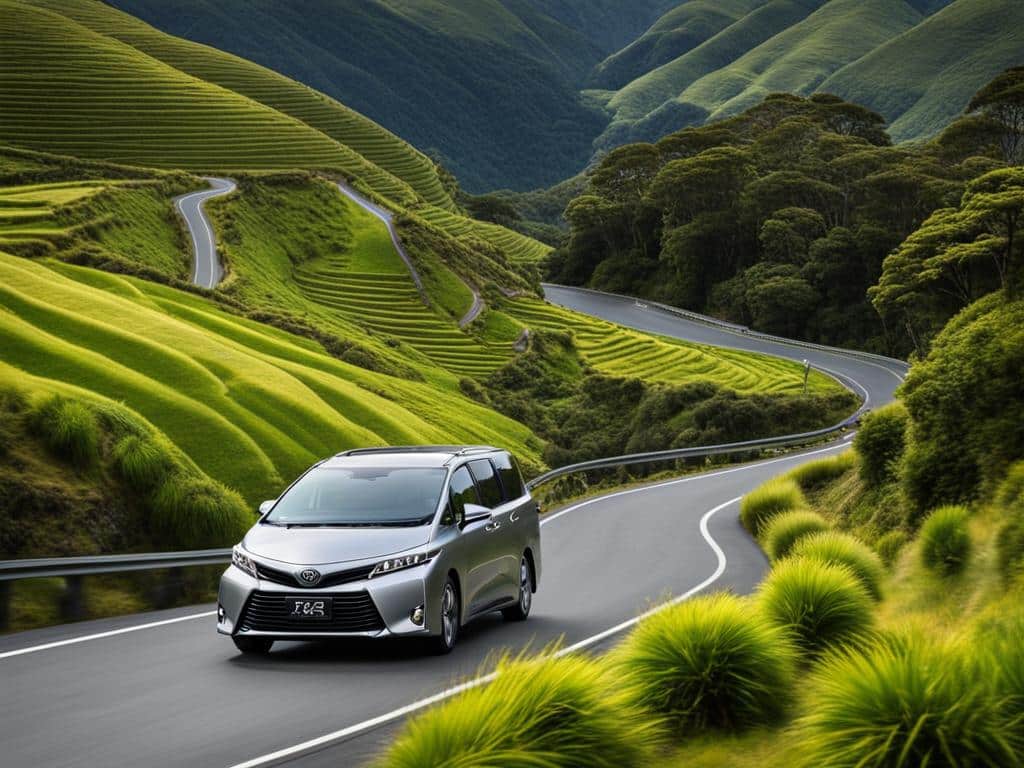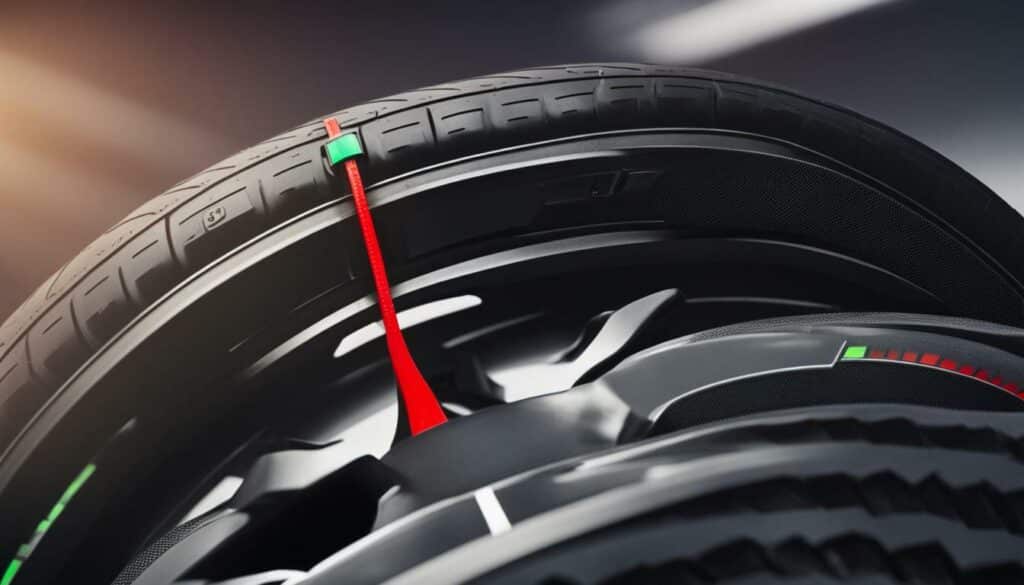Selling a deregistered car in New Zealand can be a challenging process, but with the right knowledge and approach, it’s entirely possible. This comprehensive guide from Waka Kotahi, the NZ Transport Agency, will walk you through the ins and outs of selling your deregistered vehicle, ensuring you stay compliant with local regulations and maximize your chances of a successful sale.
What does it mean when a car is deregistered?
Understanding vehicle registration status
When a car is deregistered, it means that its registration has expired or been cancelled, and it’s no longer legally allowed to be driven on public roads. In New Zealand, vehicle registration is a crucial aspect of car ownership, managed by the NZ Transport Agency, Waka Kotahi. A registered vehicle has up-to-date licensing, a valid Warrant of Fitness (WoF) or Certificate of Fitness (CoF), and has paid all necessary road user charges (RUC). When any of these requirements lapse, the vehicle may become deregistered.
Reasons for deregistration
There are several reasons why a car might become deregistered in NZ. The most common cause is when the vehicle’s registration expires, and the owner fails to renew it. This can happen if the owner forgets to pay the licensing fee or if the car no longer meets the requirements for registration, such as having an expired WoF or CoF. Additionally, if a vehicle has been off the road for an extended period or has been written off by an insurance company, it may be deregistered. In some cases, Waka Kotahi may also deregister a vehicle if it’s found to be unsafe or non-compliant with New Zealand’s transport regulations.
Consequences of driving a deregistered vehicle
Driving an unregistered vehicle on New Zealand roads is illegal and can result in severe penalties. If you’re caught driving a deregistered car, you may face hefty fines and potential legal consequences. The NZ Transport Agency takes road safety seriously, and driving an unregistered vehicle puts both you and other road users at risk. It’s essential to understand that even if your car’s WoF is still valid, driving with an expired registration is not permitted. If you’re unsure about your vehicle’s registration status, it’s best to contact Waka Kotahi directly or check their online portal before using the vehicle on public roads.
Can I sell a deregistered car in New Zealand?
Legal considerations for selling deregistered vehicles
The good news is that selling a deregistered car in New Zealand is legal, but there are some important considerations to keep in mind. While Waka Kotahi doesn’t prohibit the sale of deregistered vehicles, you must be transparent about the car’s registration status when advertising and negotiating with potential buyers. It’s crucial to understand that the buyer won’t be able to drive the vehicle on public roads until it’s re-registered, which may impact its value and appeal to some potential purchasers.
Potential buyers for deregistered cars
When selling a deregistered car, you’ll likely encounter different types of buyers. Some may be interested in purchasing the vehicle for parts, while others might be willing to take on the challenge of re-registering the car themselves. Car wreckers and scrap metal dealers are often interested in deregistered vehicles, especially if the car is in poor condition or has significant mechanical issues. Additionally, enthusiasts or mechanics might see potential in a deregistered car as a restoration project. Understanding your target market can help you tailor your sales approach and set realistic expectations for the sale.
Disclosure requirements when selling
When selling your deregistered car, honesty is the best policy. You’re legally obligated to disclose the vehicle’s registration status to potential buyers. This includes informing them that the car is deregistered and cannot be driven on public roads without re-registration. Be prepared to provide information about why the vehicle was deregistered and any known issues that may affect its ability to be re-registered. If the car’s WoF or CoF has expired, or if there are outstanding road user charges, these should also be disclosed. Transparency not only helps you avoid legal issues but also builds trust with potential buyers.
What steps should I take to sell my deregistered vehicle?
Assessing the value of your deregistered car
Determining the value of a deregistered car can be challenging, as its worth is often significantly less than a registered vehicle of the same make and model. Start by researching the market value of similar cars that are registered and in good condition. Then, consider factors such as the cost of re-registration, any necessary repairs, and the overall condition of your vehicle. Be realistic about the price you can expect to receive, keeping in mind that many buyers will factor in the time and cost required to get the car road-worthy and registered. If you’re unsure, consider getting an appraisal from a professional or contacting car wreckers for quotes to get a baseline for your asking price.
Preparing the vehicle for sale
Even though your car is deregistered, taking steps to prepare it for sale can increase its appeal to potential buyers. Start by giving the vehicle a thorough clean, both inside and out. If possible, gather all relevant documentation, including service history, previous registration papers, and any receipts for recent repairs or modifications. If your car has personalised number plates, you may want to consider removing and selling them separately, as they can often fetch a good price. Make a list of any valuable parts or features that might be attractive to buyers, especially if you’re targeting car wreckers or parts dealers.
Advertising your deregistered car
When creating an advertisement for your deregistered car, be upfront about its status. Clearly state in the listing that the vehicle is deregistered and cannot be driven on public roads without re-registration. Highlight any positive aspects of the car, such as low mileage, recent repairs, or valuable parts. If you’re open to different types of buyers, consider advertising in various places, including online marketplaces, local newspapers, and specialist automotive forums. You might also want to reach out directly to car wreckers or scrap metal dealers in your area, as they often offer cash for cars, including deregistered vehicles.
Are there any fines associated with selling a deregistered car?
Penalties for driving unregistered vehicles
While there are no specific fines for selling a deregistered car in New Zealand, it’s crucial to understand the penalties associated with driving unregistered vehicles. The NZ Transport Agency imposes strict fines for operating an unregistered vehicle on public roads. These fines can be substantial and may increase for repeat offenses. It’s important to emphasize to potential buyers that they cannot test drive the car on public roads until it’s re-registered. If a buyer insists on a test drive, it must be conducted on private property to avoid any legal issues.
Seller’s responsibilities and potential liabilities
As the seller of a deregistered car, your primary responsibility is to provide accurate information about the vehicle’s status and condition. You should make it clear to the buyer that they are purchasing the car “as is” and that you’re not responsible for any costs associated with re-registration or repairs. However, if you knowingly misrepresent the car’s condition or fail to disclose its deregistered status, you could potentially face legal consequences. To protect yourself, consider drafting a simple sales agreement that outlines the car’s deregistered status and any known issues.
How to avoid fines when selling a deregistered car
To avoid any potential fines or legal issues when selling your deregistered car, follow these guidelines: always be honest about the car’s status, never allow the vehicle to be driven on public roads, and ensure all transactions and test drives occur on private property. If you’re unsure about any aspect of the sale, it’s best to contact Waka Kotahi or seek legal advice. Remember to notify the NZ Transport Agency when you sell the vehicle, even if it’s deregistered, to ensure you’re no longer associated with it in their records.
Should I consider selling my deregistered car to a wrecker?
Benefits of selling to car wreckers
Selling your deregistered car to a wrecker can offer several advantages. Car wreckers specialize in buying vehicles in various conditions, including those that are deregistered or no longer roadworthy. They often provide quick and hassle-free transactions, offering cash for cars regardless of their registration status. Wreckers are particularly interested in vehicles for their parts and scrap metal value, which means they may be willing to purchase cars that private buyers would shy away from. Additionally, selling to a wrecker can be an environmentally friendly option, as they typically recycle and reuse as many parts as possible.
How to find reputable car wreckers in NZ
To find reputable car wreckers in New Zealand, start by searching online for “car wreckers” or “cash for cars” services in your area. Look for companies with positive customer reviews and those that are members of industry associations. You can also ask for recommendations from friends or family who have sold cars to wreckers before. When contacting wreckers, ask about their licensing and any certifications they hold. Reputable wreckers should be transparent about their processes and willing to provide a written quote for your vehicle.
What to expect when selling to a wrecker
When selling your deregistered car to a wrecker, the process is usually straightforward. Most wreckers will ask for details about your vehicle, including its make, model, year, and condition. They may request photos or arrange an inspection. Based on this information, they’ll provide a quote for your car. If you accept their offer, they’ll typically arrange to collect the vehicle from your location, often free of charge. Payment is usually made on the spot when they pick up the car. Remember to remove any personal belongings and, if applicable, your personalised number plates before the wrecker collects the vehicle.
How does selling a deregistered car differ from selling a registered one?
Documentation requirements for deregistered vehicles
When selling a deregistered car, the documentation requirements differ slightly from those for registered vehicles. While you won’t have a current registration certificate, you should still provide any previous registration documents you have. It’s also helpful to offer the last WoF or CoF certificate, even if it has expired, as it provides information about the car’s history. If you have service records or receipts for recent repairs, these can be valuable to potential buyers. You’ll need to complete a “change of ownership” form from the NZ Transport Agency, even for a deregistered vehicle, to officially transfer ownership.
Pricing considerations for deregistered cars
Pricing a deregistered car requires careful consideration. Generally, deregistered vehicles are valued lower than their registered counterparts due to the additional costs and efforts required to get them back on the road. When setting your price, factor in the cost of re-registration, any necessary repairs to pass a WoF or CoF, and outstanding road user charges if applicable. Be prepared for buyers to negotiate, as they’ll be considering these additional expenses. If your car has valuable parts or is a desirable make and model, you might be able to command a higher price, especially if targeting enthusiasts or restoration specialists.
Transfer of ownership process for deregistered vehicles
The transfer of ownership process for a deregistered car is similar to that of a registered vehicle, but with a few key differences. You’ll still need to complete the “change of ownership” form from Waka Kotahi, but you won’t be able to complete the process online as you would with a registered car. Both you and the buyer will need to sign the form, and the buyer should submit it to the NZ Transport Agency within 7 days of the sale. It’s important to note that the buyer won’t be able to register the vehicle in their name until they’ve completed the necessary steps to bring it back into compliance with road regulations.
What happens to the personalised plates on a deregistered car?
Rules for transferring personalised plates
If your deregistered car has personalised plates, it’s essential to understand the rules surrounding their transfer. In New Zealand, personalised plates are considered separate from the vehicle and remain the property of the plate holder. When selling a deregistered car with personalised plates, you have the option to transfer the plates to the new owner or retain them for your own use. If you choose to transfer the plates, you’ll need to complete a plate transfer application with Waka Kotahi. It’s important to note that personalised plates cannot be transferred to a new owner if the registration on the vehicle they’re attached to has been expired for more than 12 months.
Options for selling personalised plates separately
If you decide not to transfer your personalised plates with the deregistered car, you have the option to sell them separately. There’s often a market for unique or desirable plate combinations, and selling them independently could potentially yield a higher return than including them with the car. You can advertise your plates on specialised plate trading websites, general online marketplaces, or through the NZ Transport Agency’s authorised plate agents. When selling personalised plates separately, ensure you follow Waka Kotahi’s guidelines for plate transfers and complete all necessary paperwork.
How to remove and store personalised plates
If you choose to keep your personalised plates or sell them separately from your deregistered car, you’ll need to remove them from the vehicle. Start by unscrewing the plates carefully to avoid damage. Once removed, you can store the plates in a safe, dry place. If you plan to use the plates on another vehicle in the future, you’ll need to notify Waka Kotahi and pay a fee to retain the right to use the plates. Alternatively, if you don’t plan to use the plates again, you can surrender them to the NZ Transport Agency. Remember, it’s illegal to display personalised plates on a vehicle they’re not registered to, so ensure you follow the correct procedures when removing and storing your plates.
HTML




